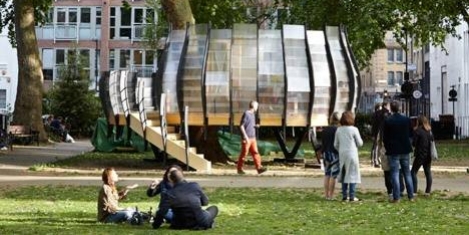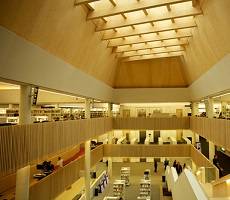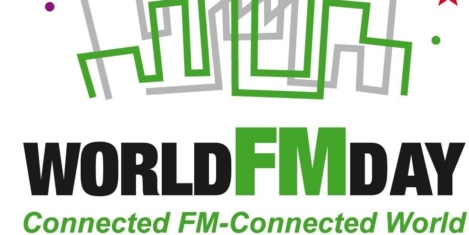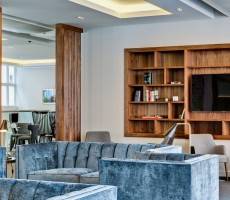June 16, 2015
Back pain and mental ill health still the main reasons for workplace absence
 Back pain and musculoskeletal disorders (MSDs) remain the prime reason for long-term workplace absence (38%); with stress and mental-health disorders the main cause of absence for one in four companies. However, the results of the UK’s largest business survey on sickness absence published by EEF, the manufacturers’ organisation and Jelf Employee Benefits reveals that stress and mental illness is regarded as the most difficult form of absence to make workplace adjustments for, with almost a third of companies saying this is the case. Furthermore, a third of employers said that they do not have approaches for managing mental-health-related long-term absence. Just one in ten companies provides training for line managers in mental-health issues and only 2 percent of companies have an open mental-health disclosure policy, suggesting business matches society in finding it a difficult issue to address.
Back pain and musculoskeletal disorders (MSDs) remain the prime reason for long-term workplace absence (38%); with stress and mental-health disorders the main cause of absence for one in four companies. However, the results of the UK’s largest business survey on sickness absence published by EEF, the manufacturers’ organisation and Jelf Employee Benefits reveals that stress and mental illness is regarded as the most difficult form of absence to make workplace adjustments for, with almost a third of companies saying this is the case. Furthermore, a third of employers said that they do not have approaches for managing mental-health-related long-term absence. Just one in ten companies provides training for line managers in mental-health issues and only 2 percent of companies have an open mental-health disclosure policy, suggesting business matches society in finding it a difficult issue to address.





































